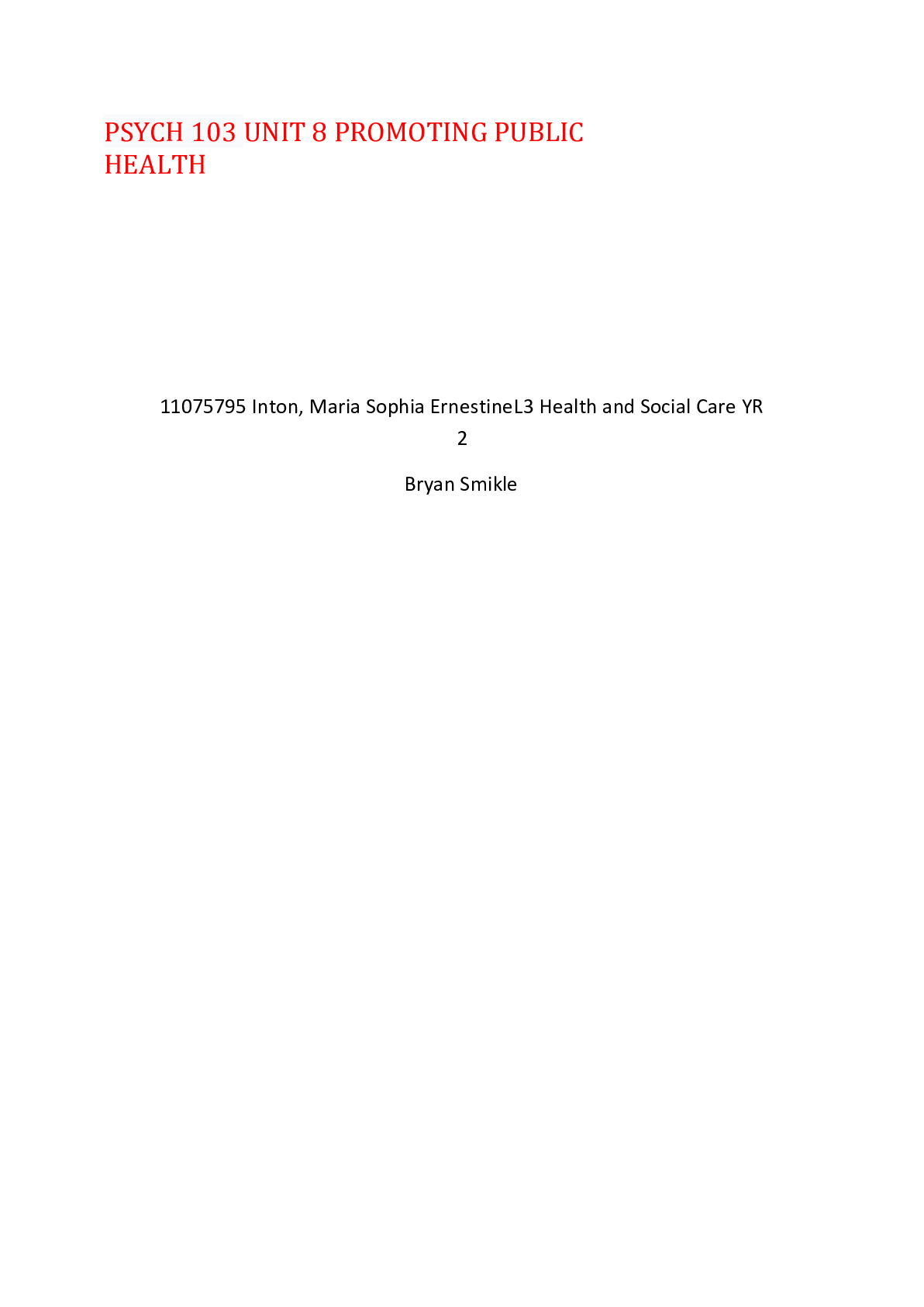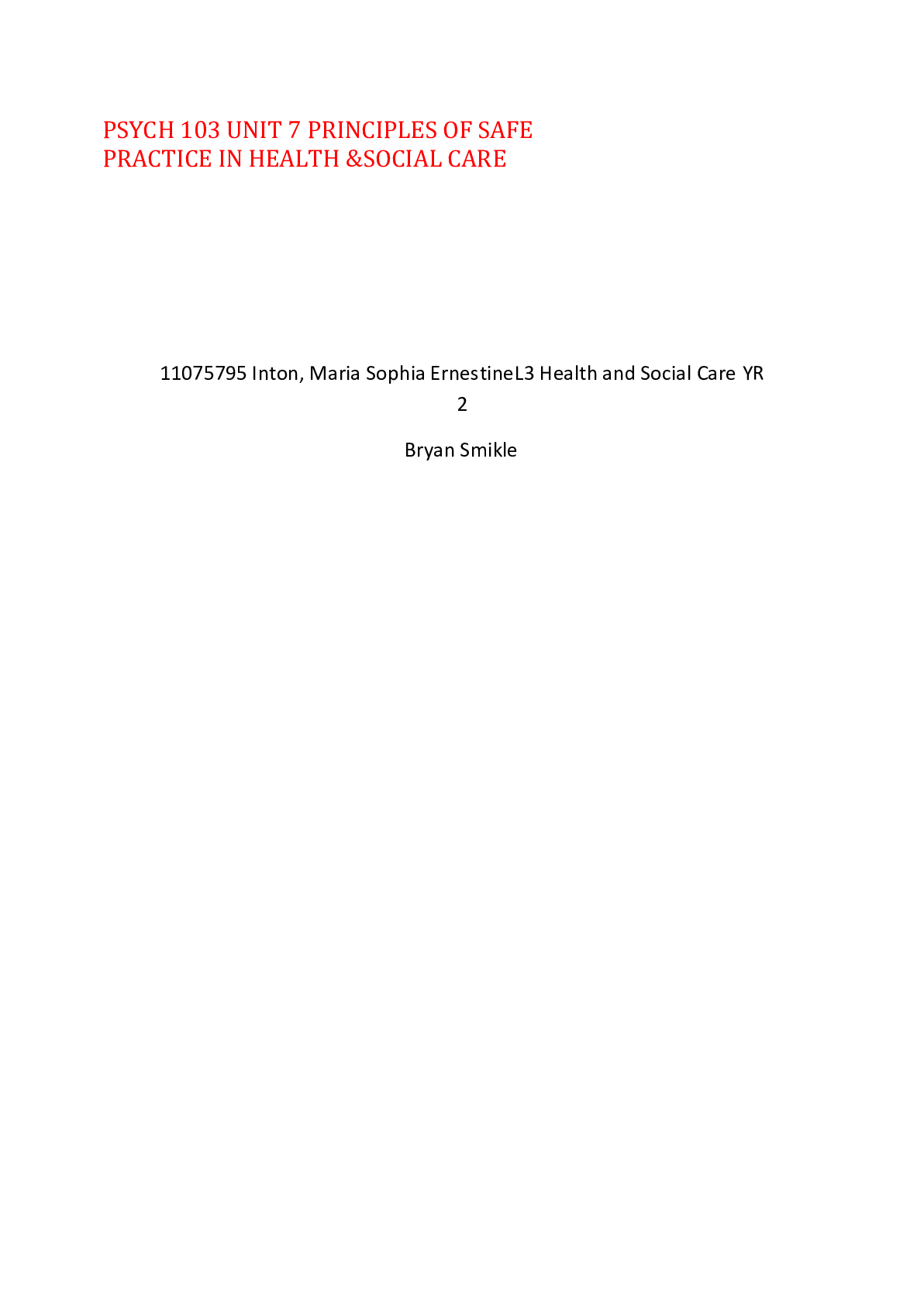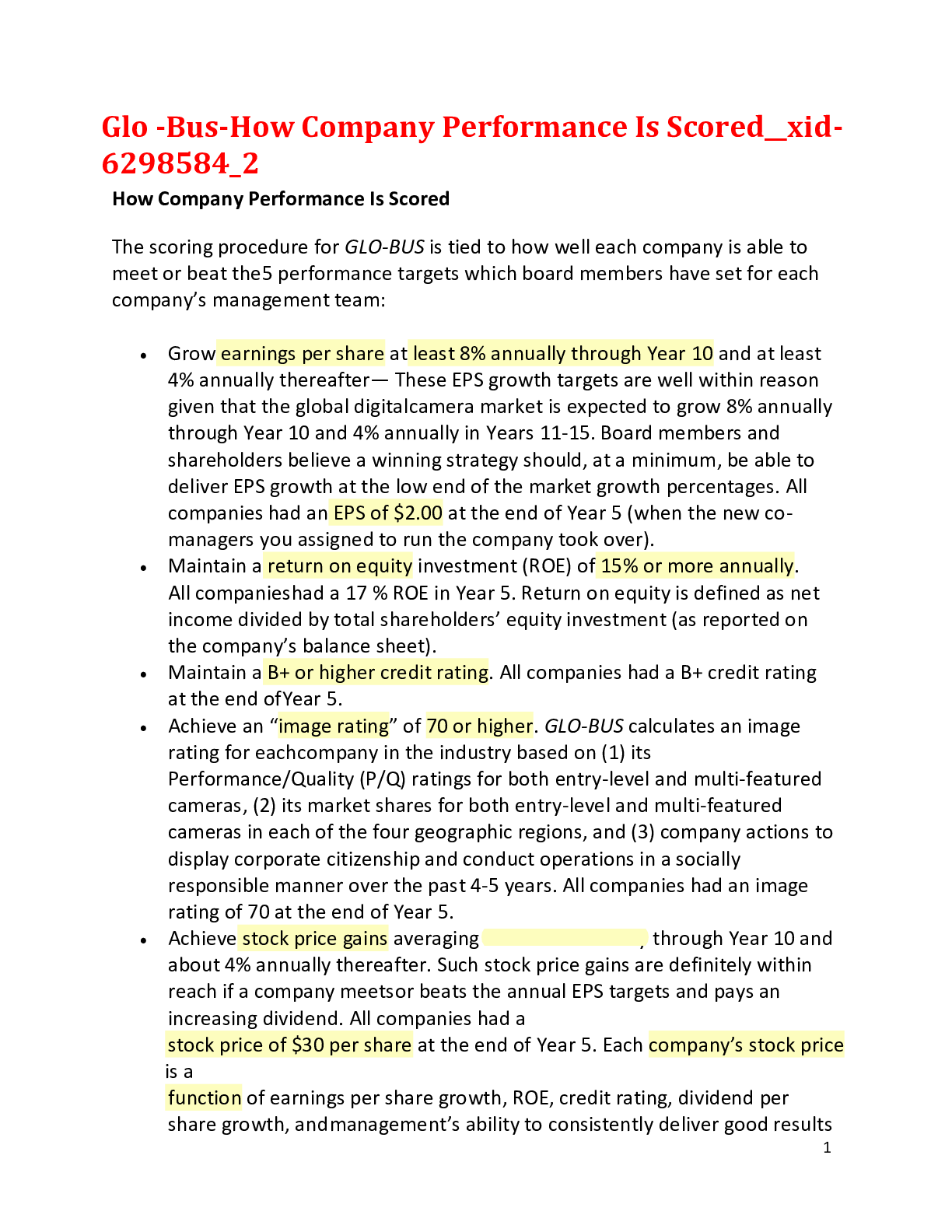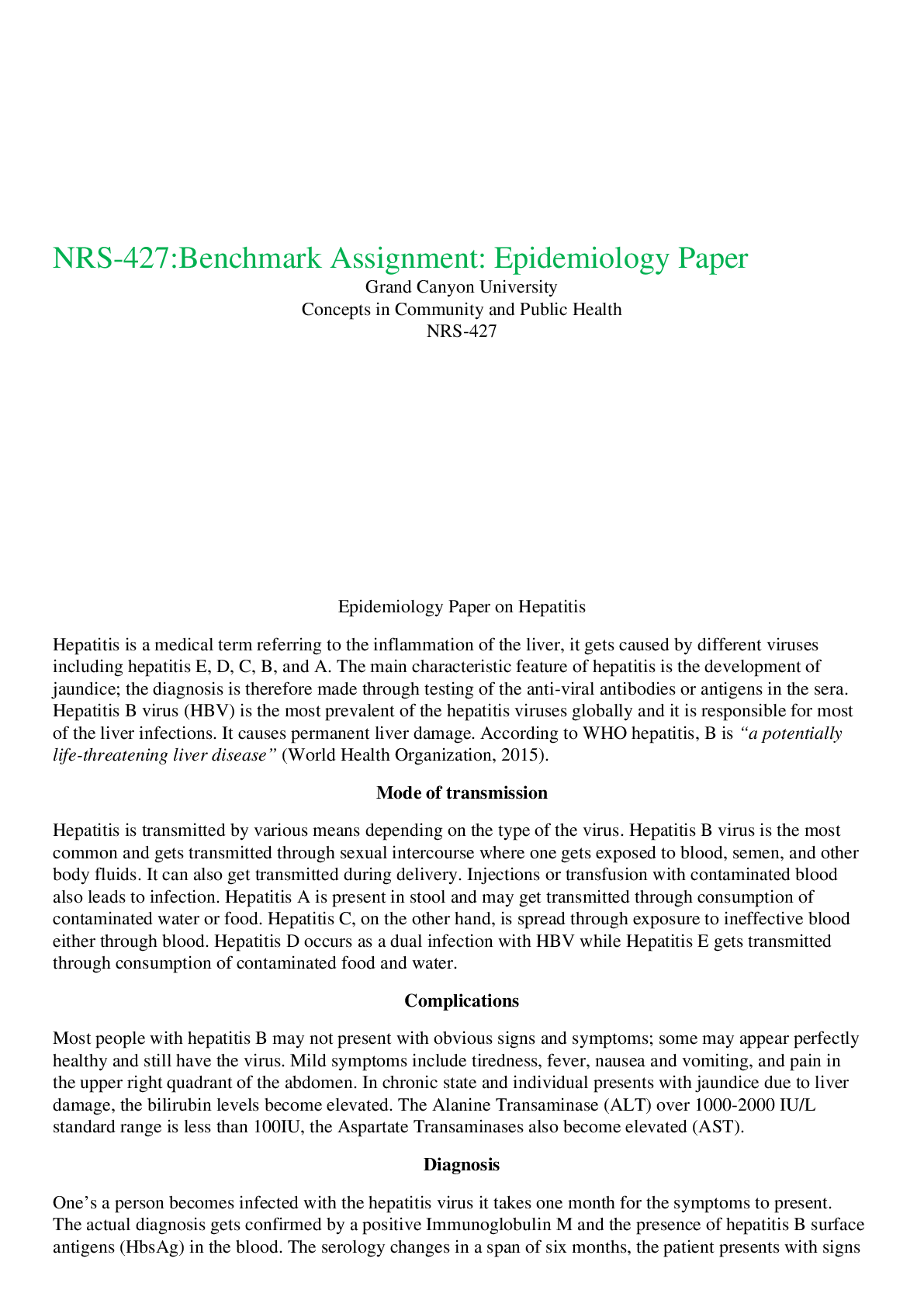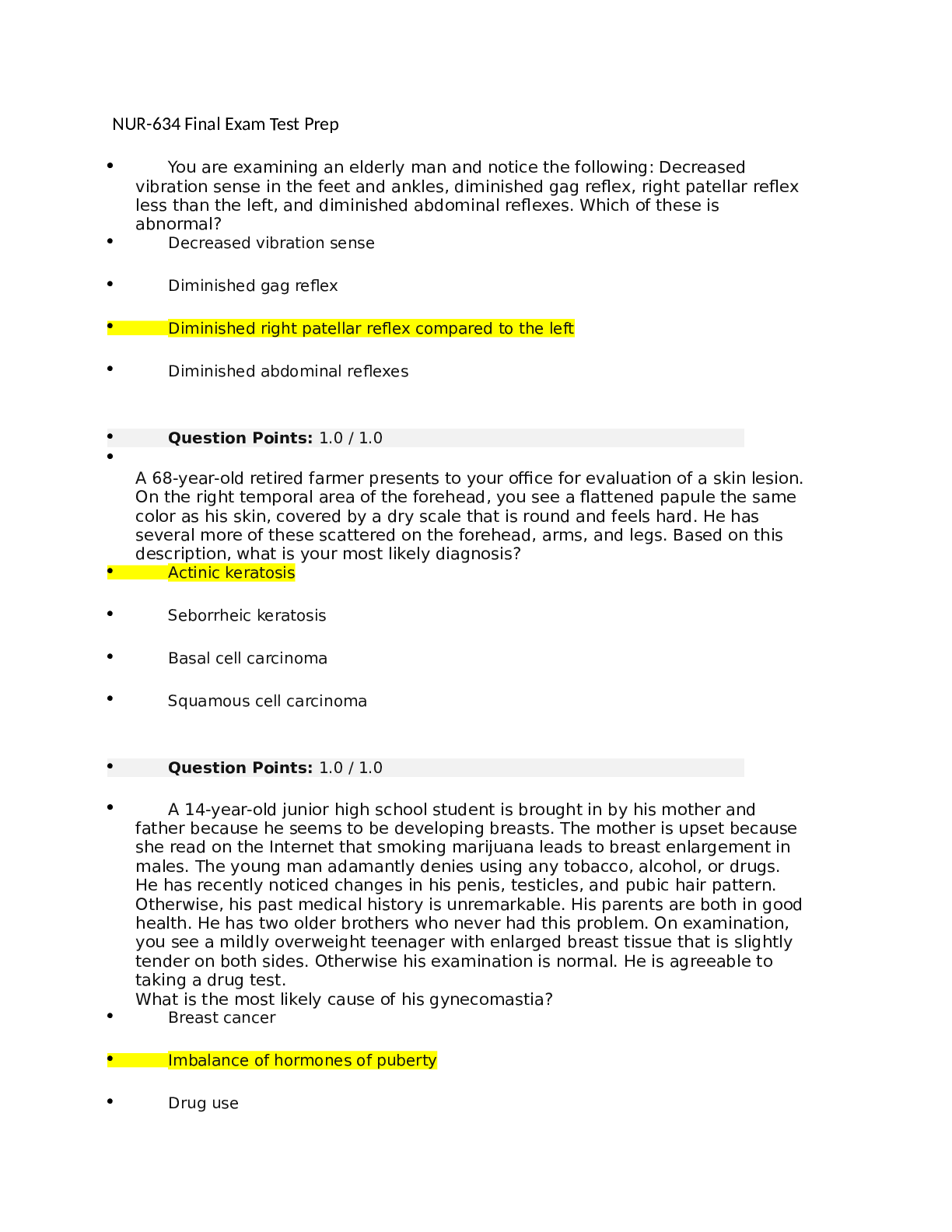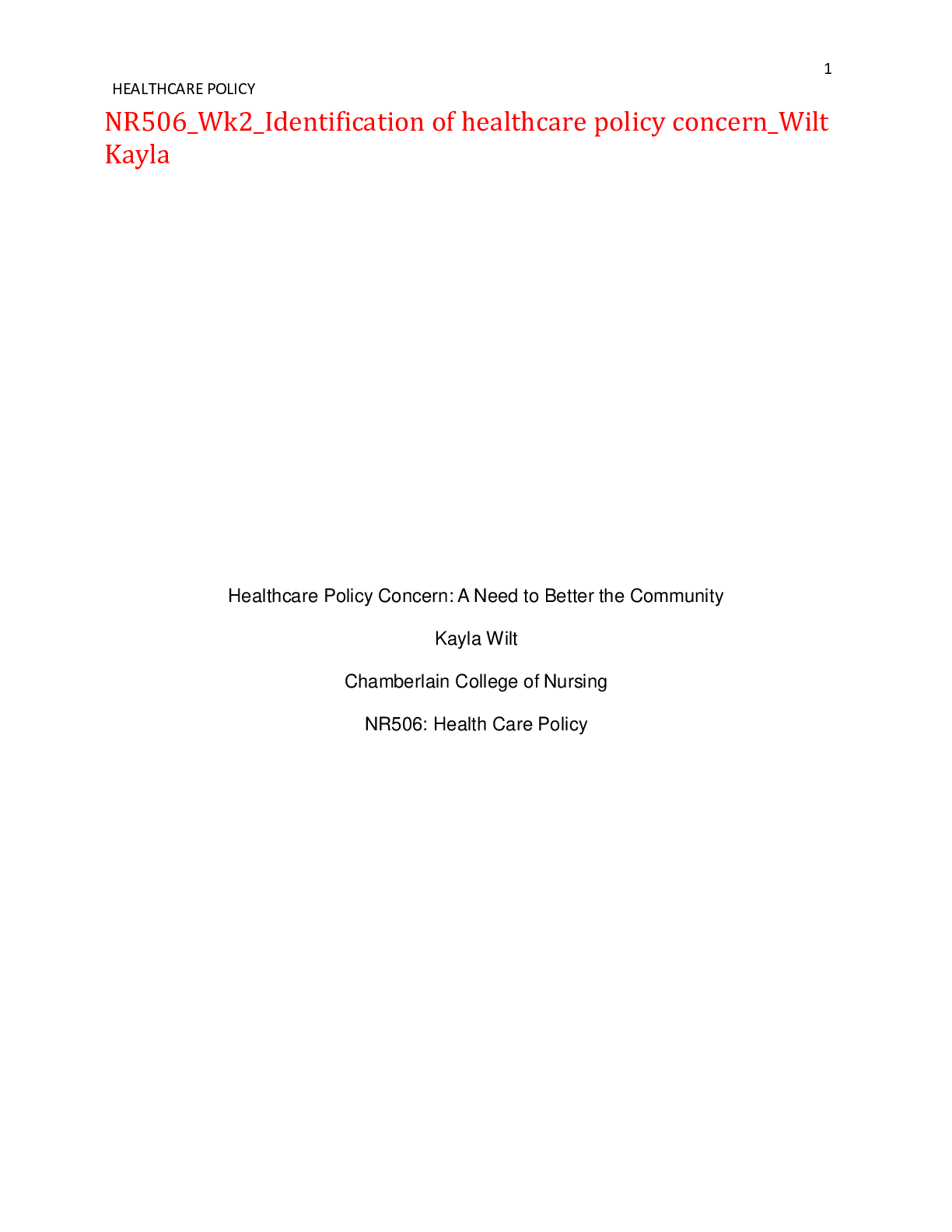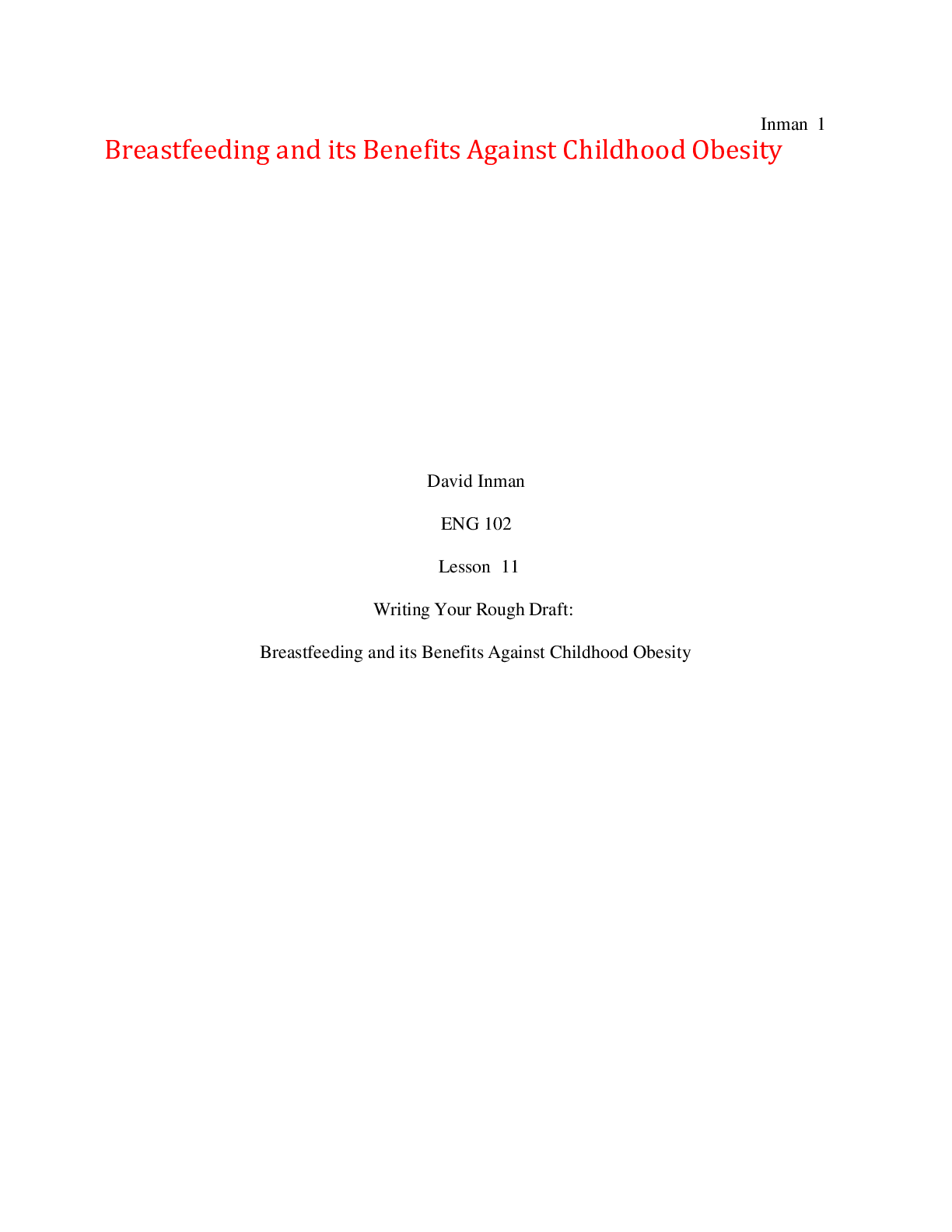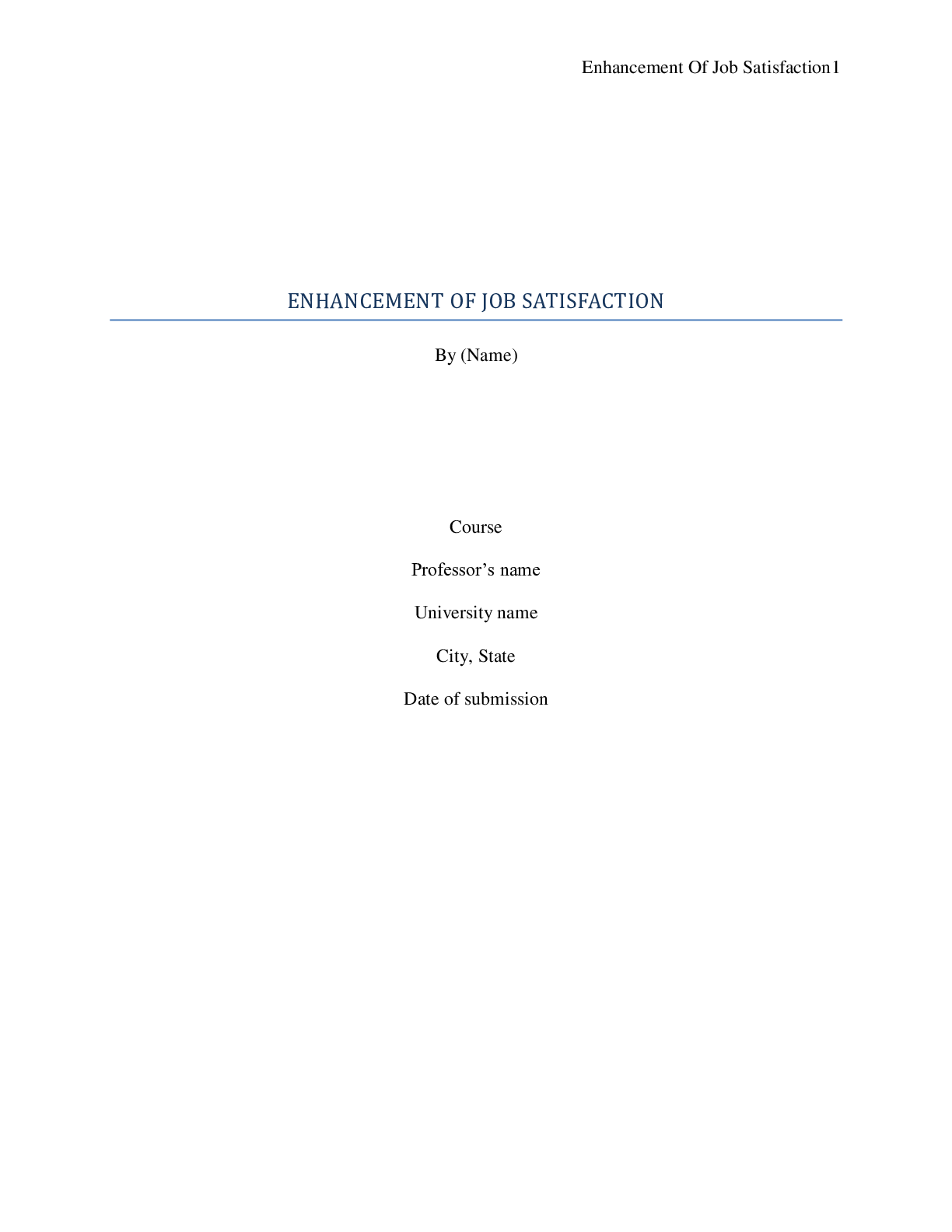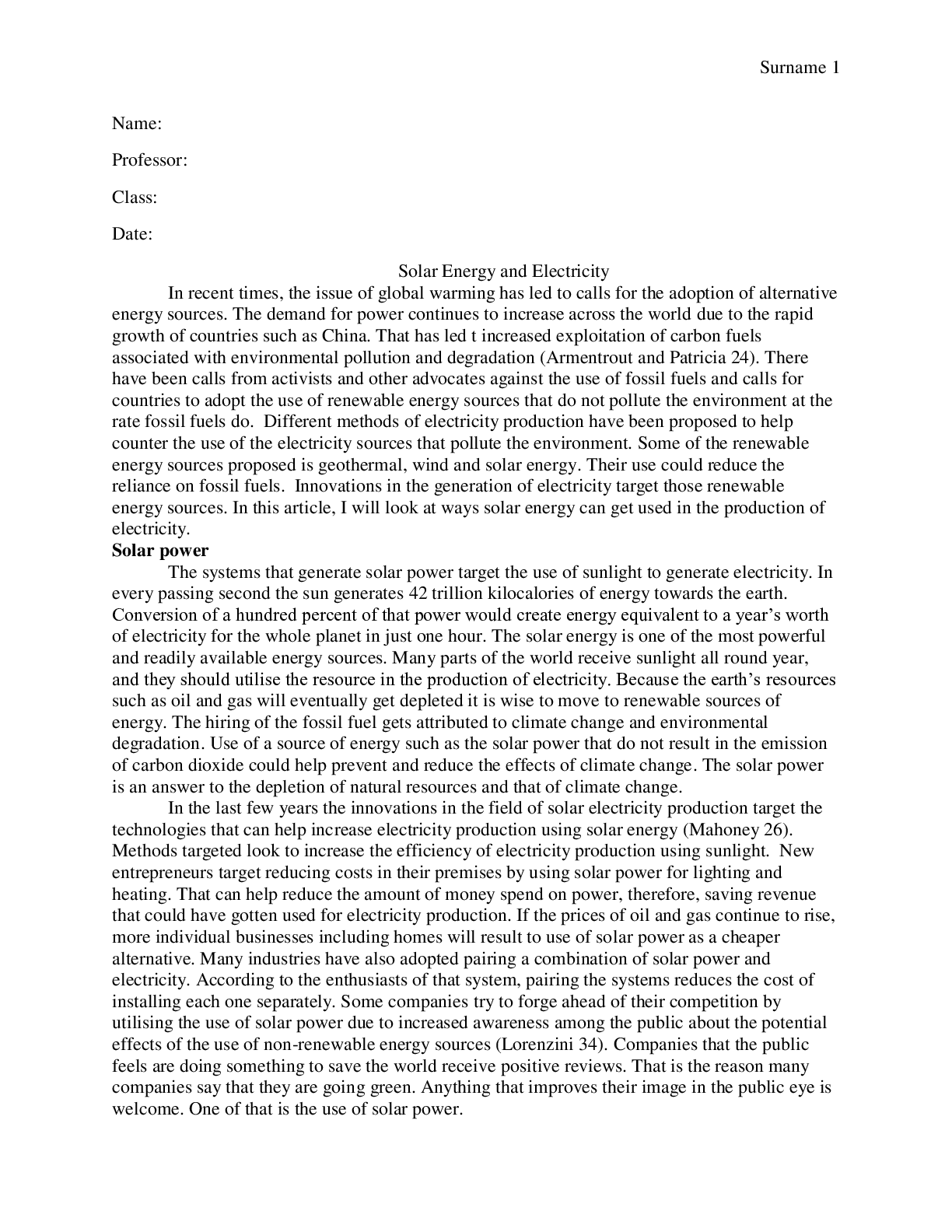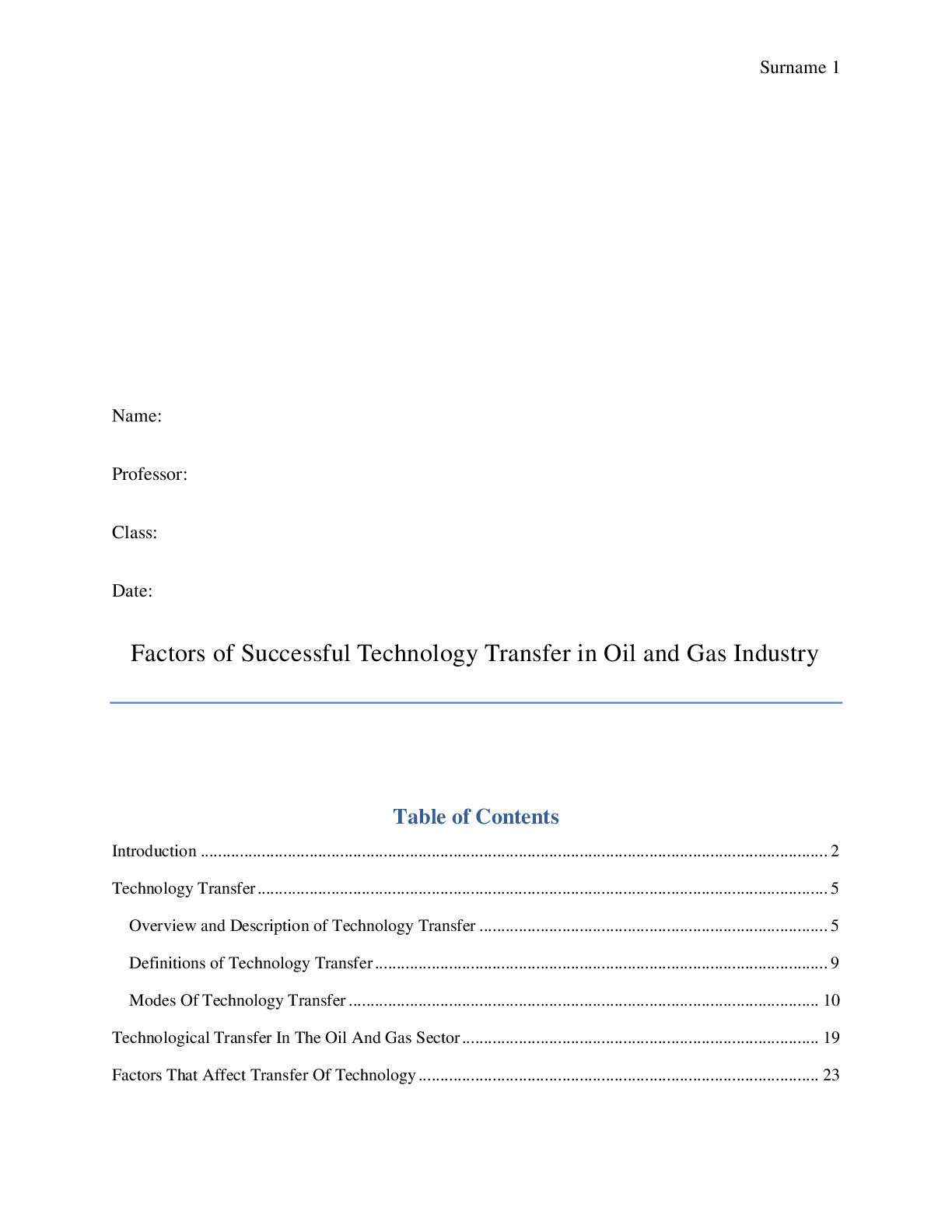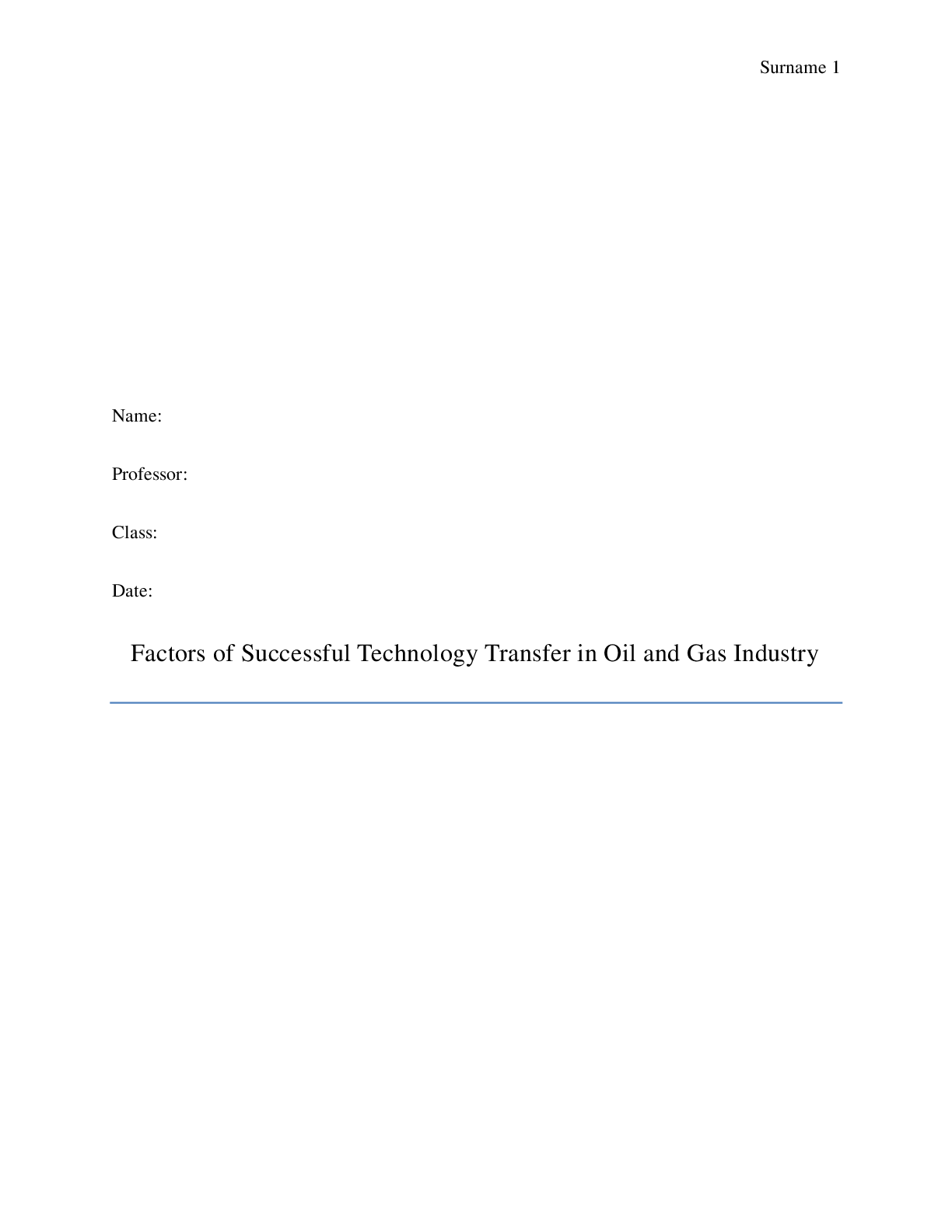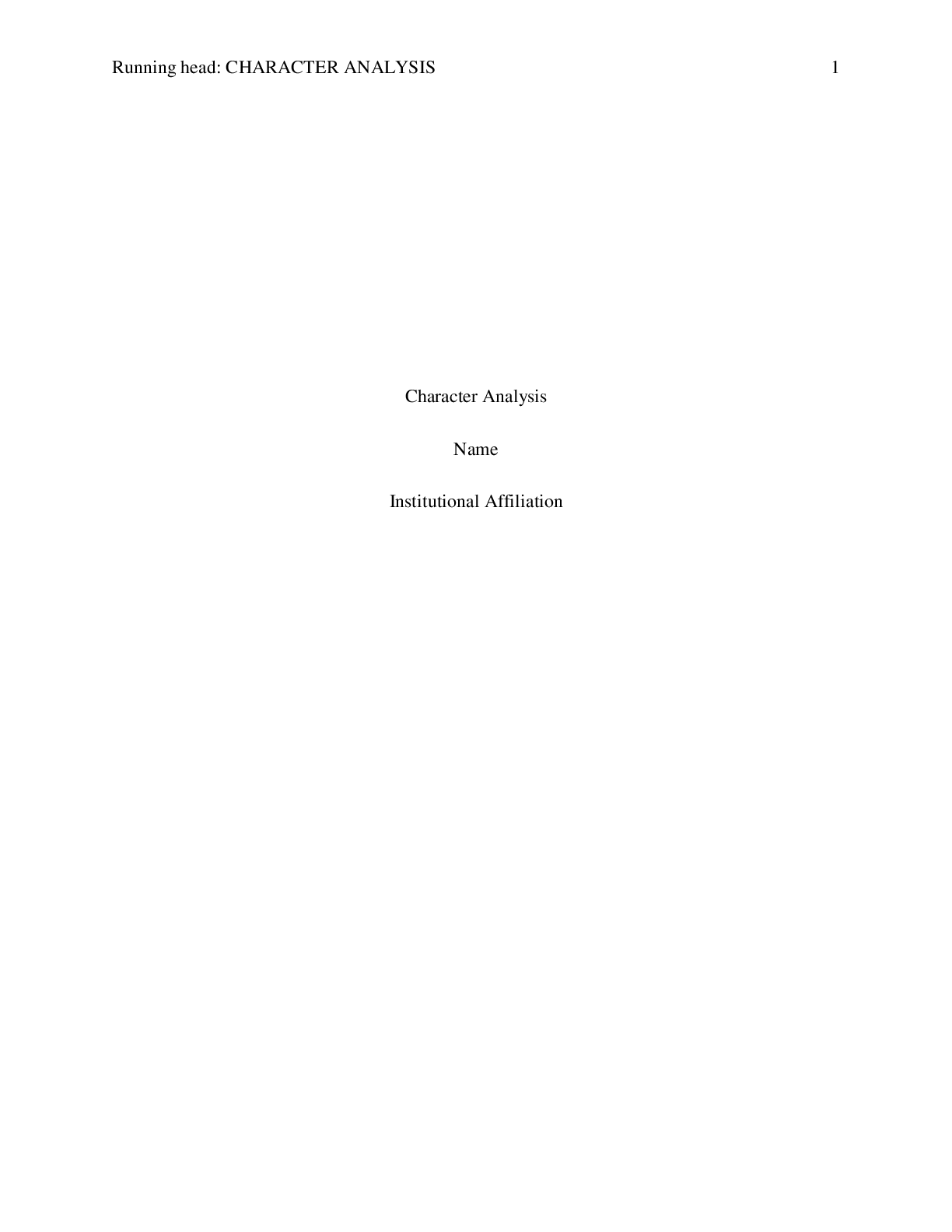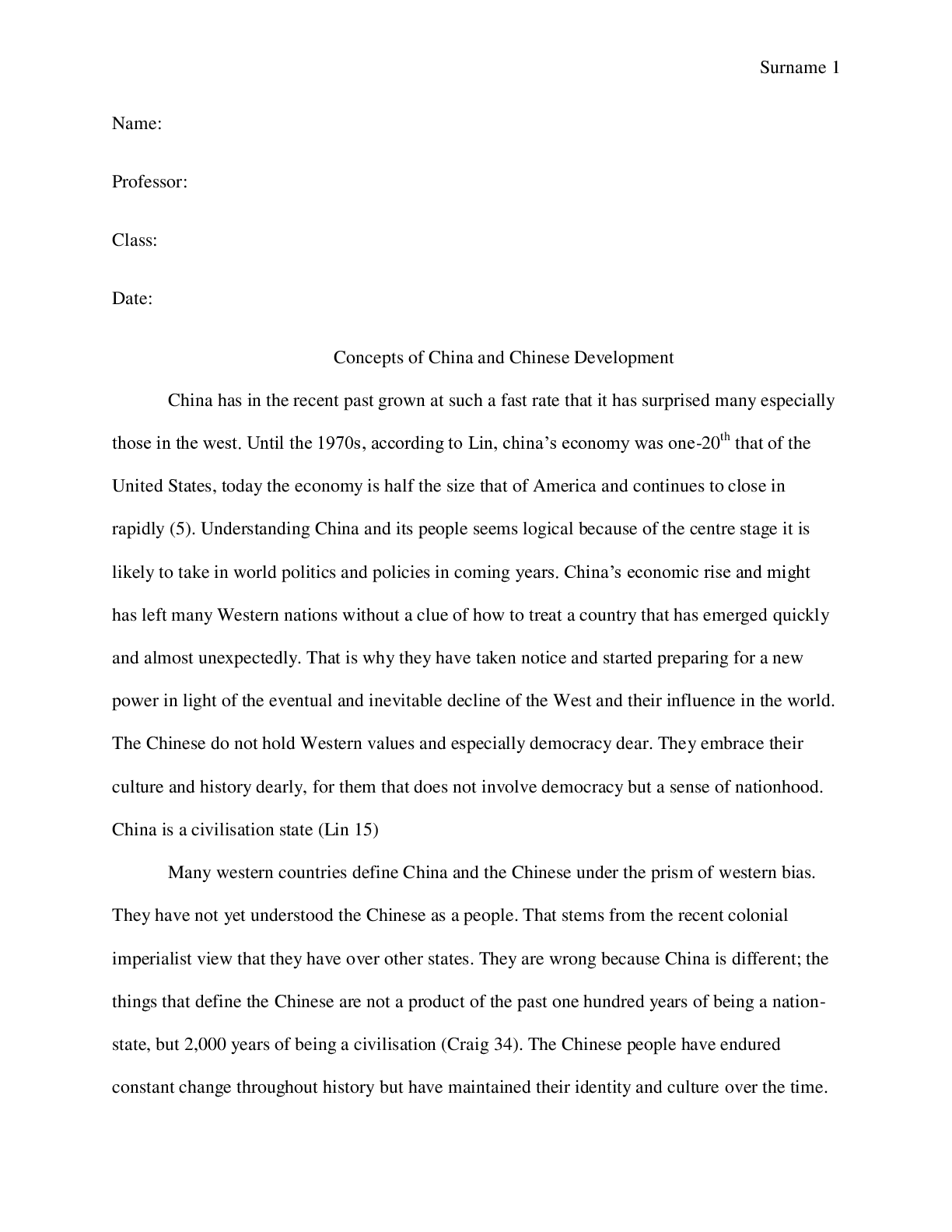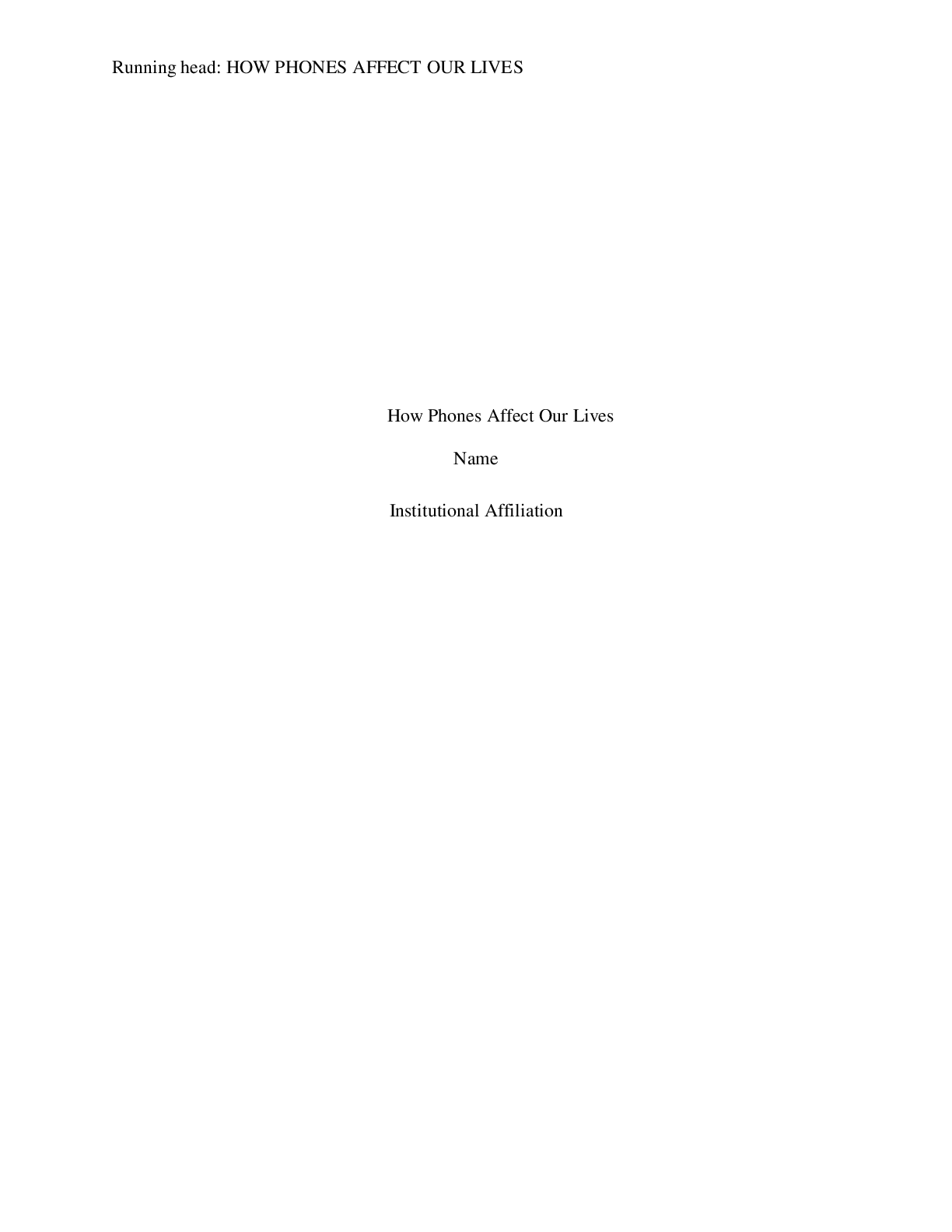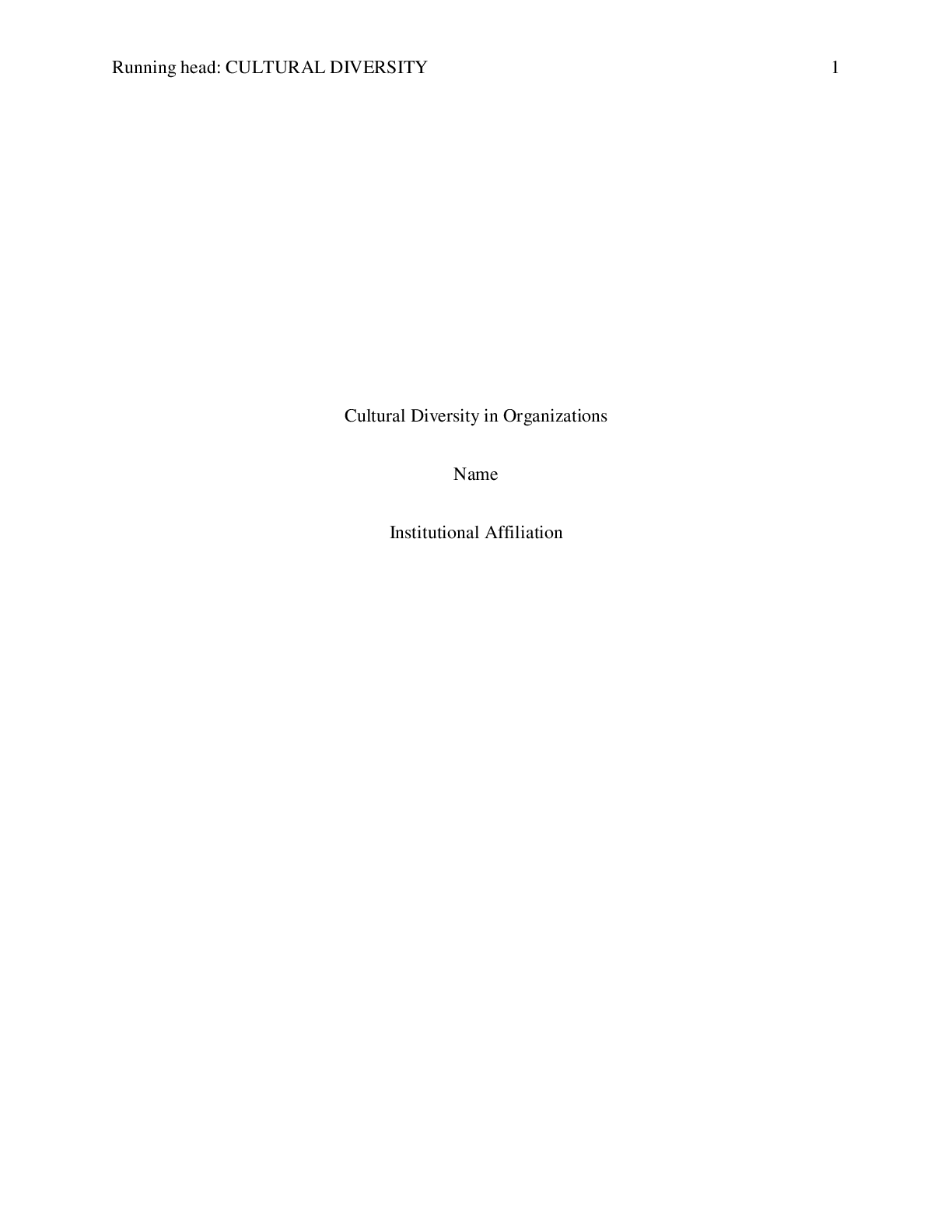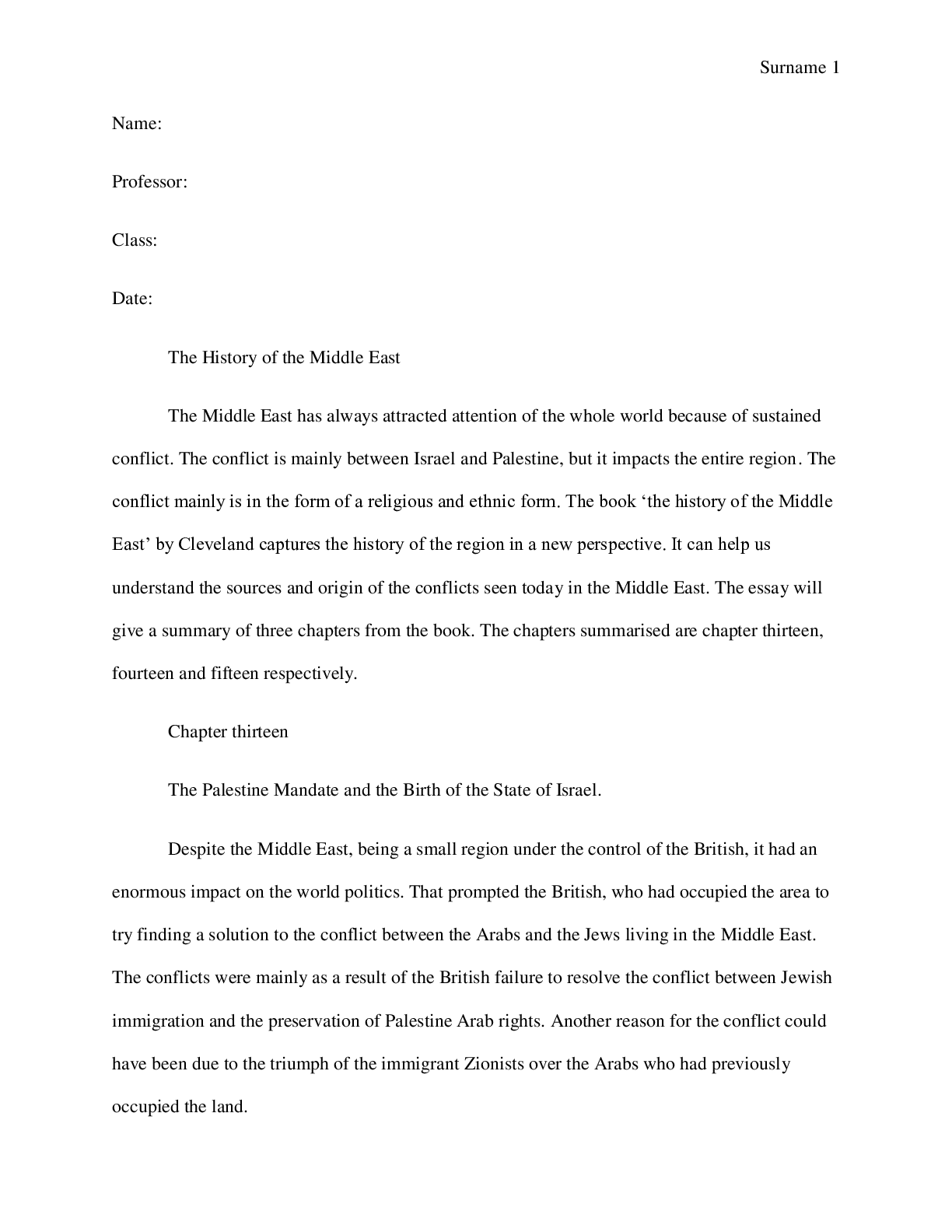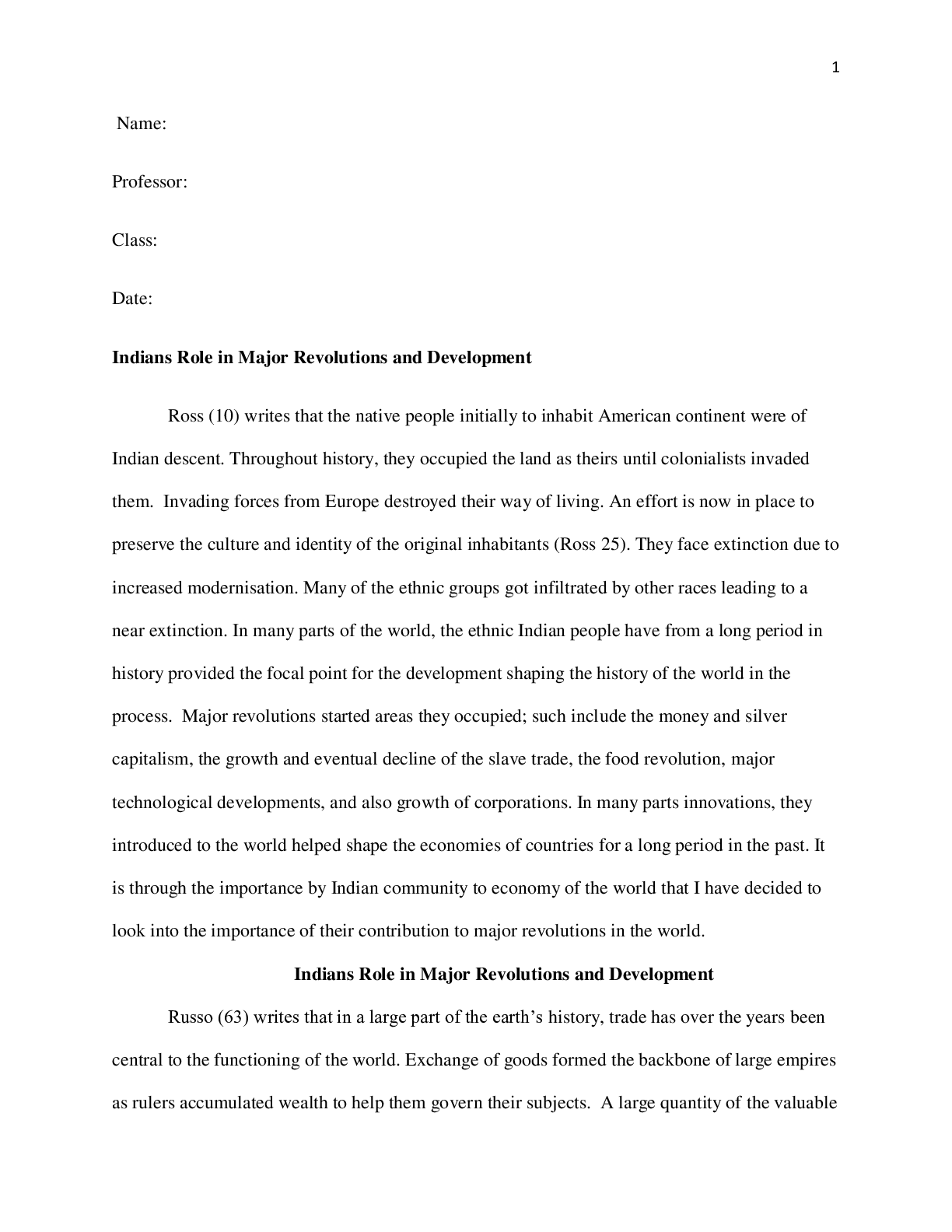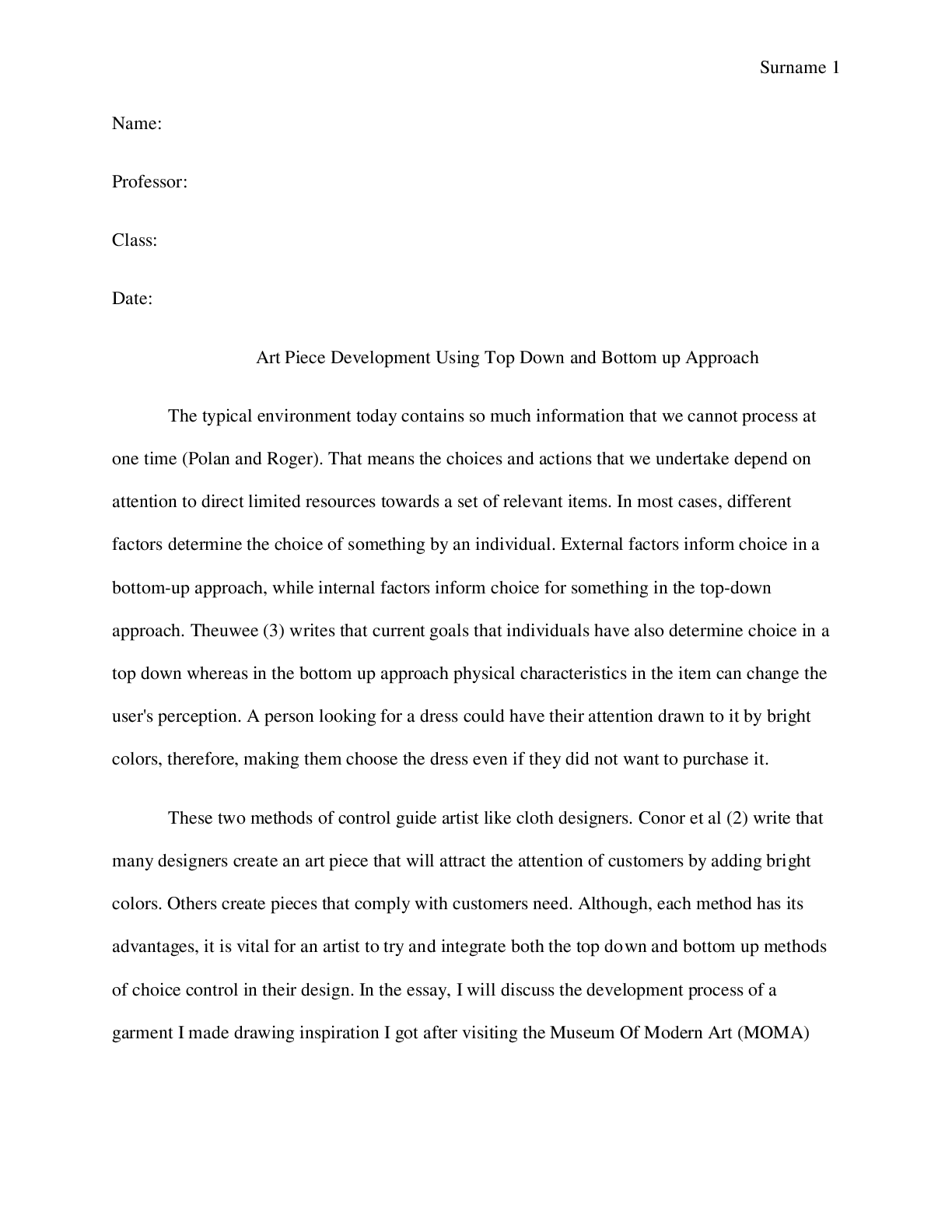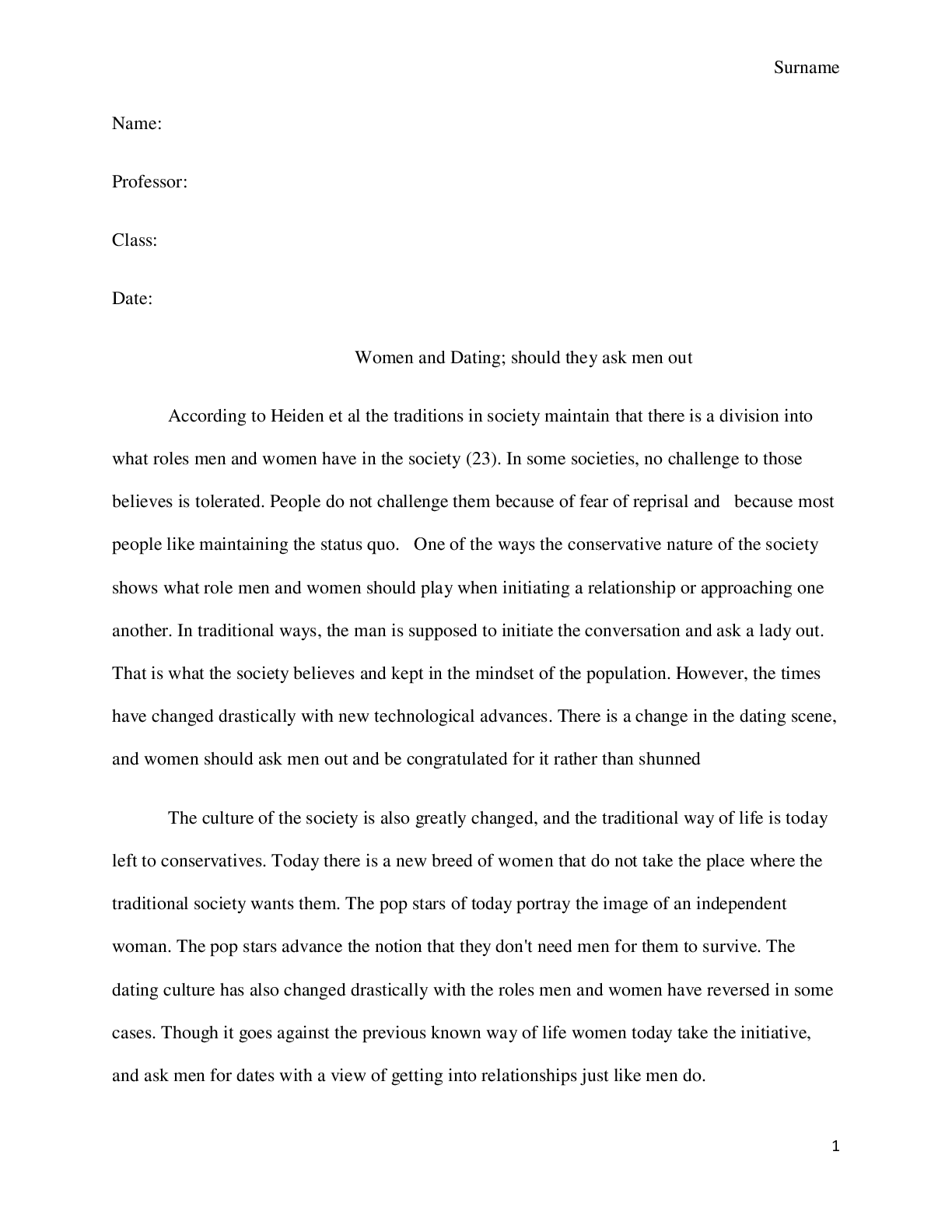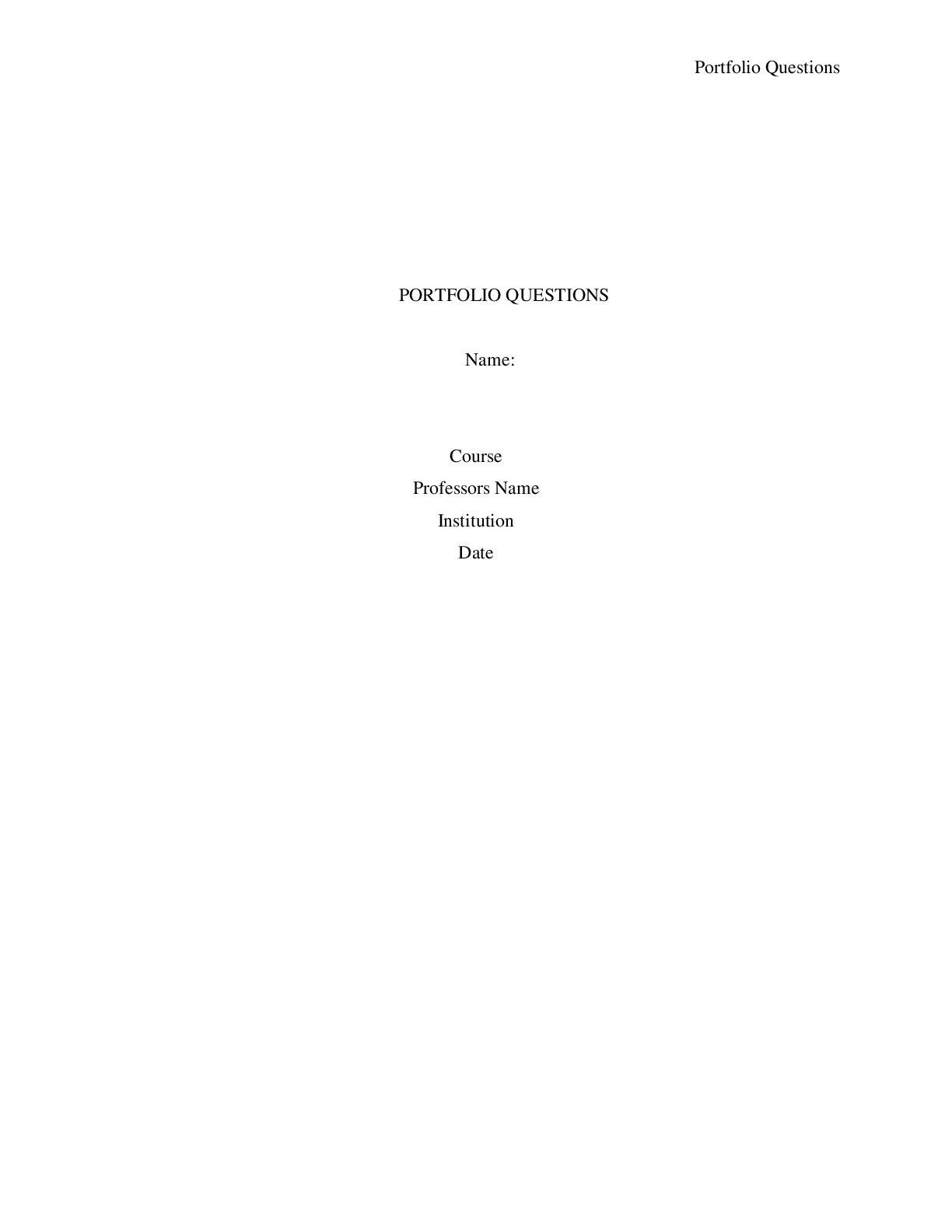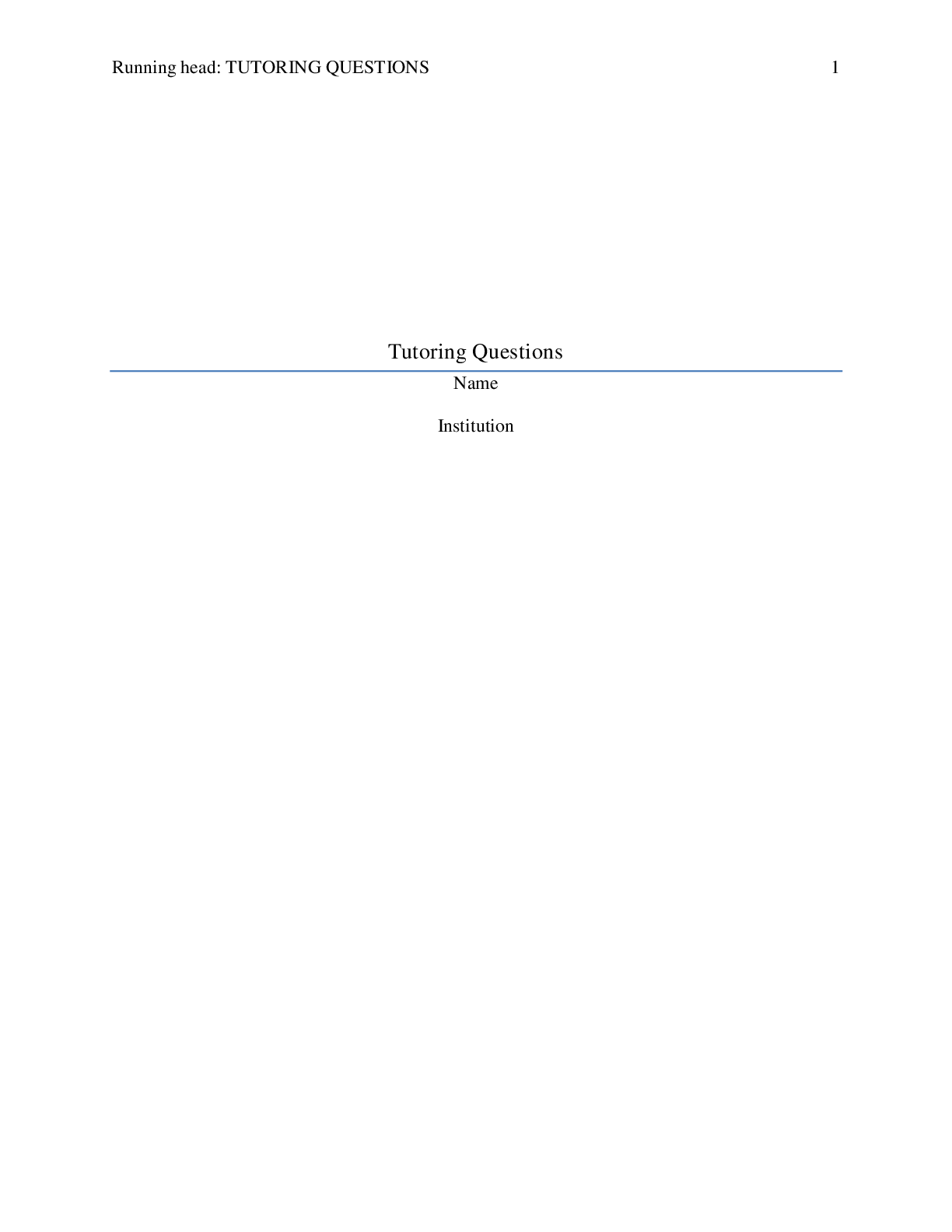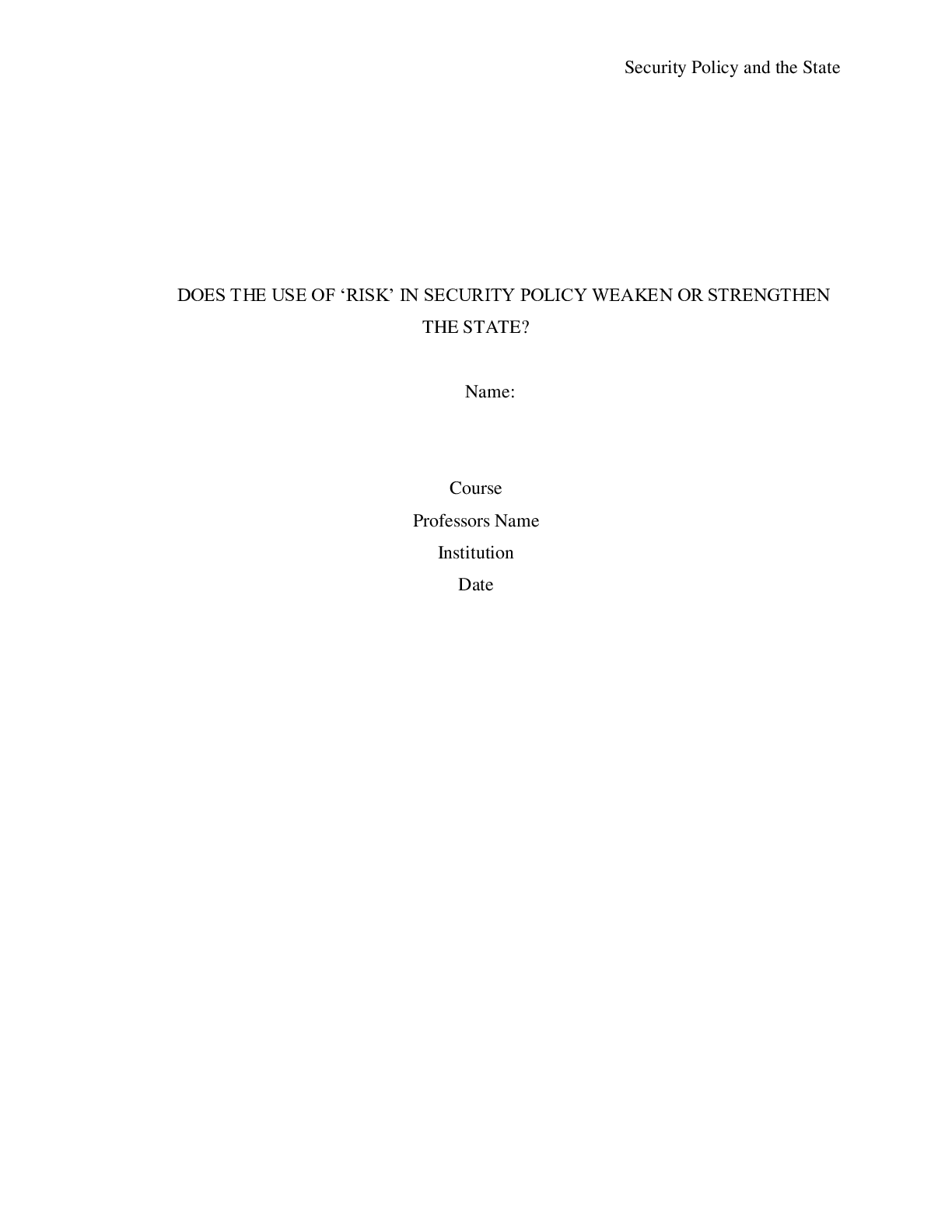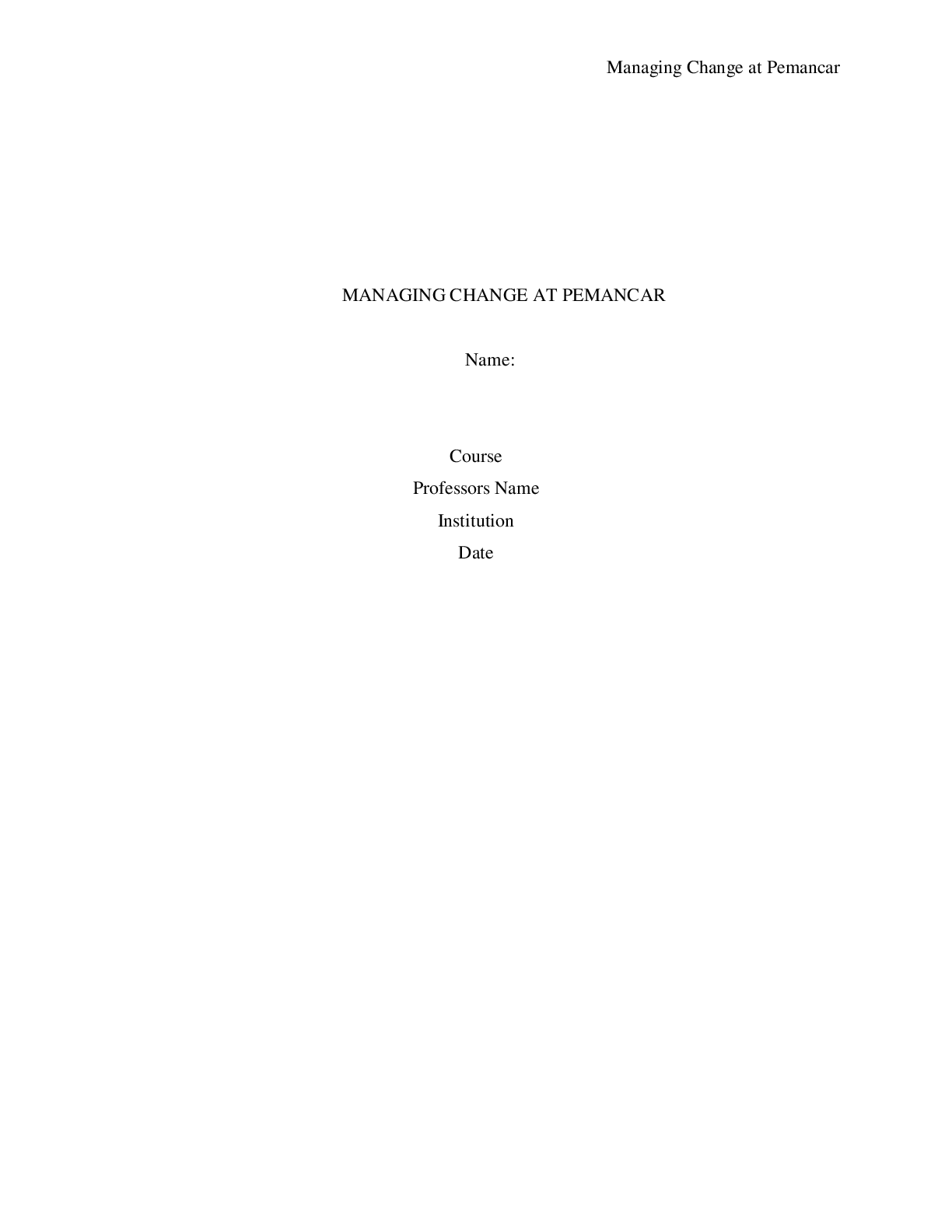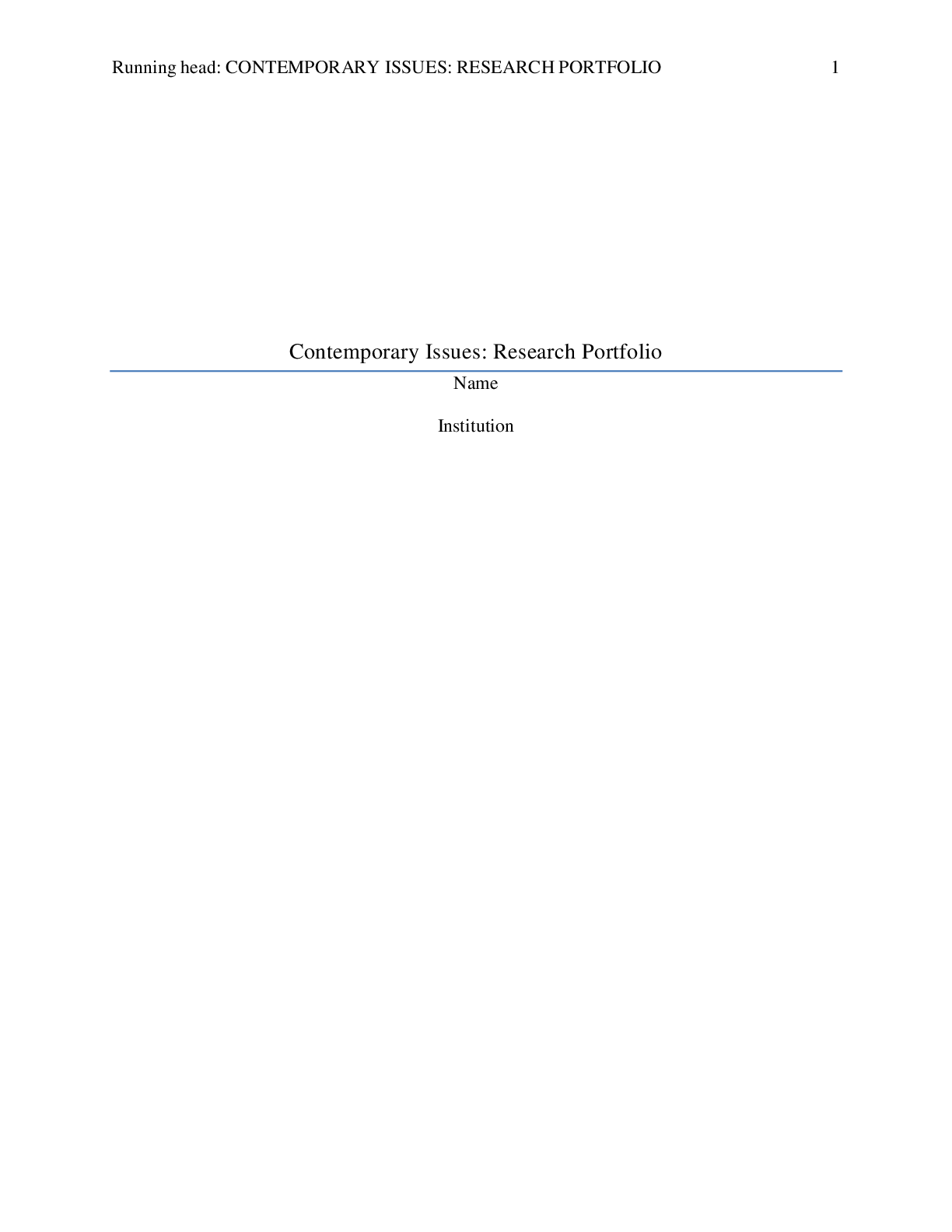Chamberlain College of Nursing: NR 603 Week 3,GRADED A
Document Content and Description Below
Chamberlain College of Nursing: NR 603 Week 3 What Leads Demonstrate the ST Depression? Ok, I’m not very good at EKGs, but I see an ST depression on I, II, V2, V3, V4, V5, and V6…. I’m... willing to be wrong. I’ve never been good at EKGs and would much rather do neuro stuff. Is Lorene Hypertensive per ACA 2017 Guidelines? Compare the ACA guidelines to JNC 8 guidelines and discuss what treatment you recommend for her BP and why. Lorene is hypertensive per the ACA 2017 guidelines, her BP is 146/90, which according to the 2017 guidelines places her at stage II hypertension (Whelton et al., 2017). The biggest difference from the ACA and the JNC8 HTN classification scales and age and comorbidity based goals, otherwise they’re relatively similar in the treatment of someone like Lorene; she needs to be treated... well, I think she needs more than just simple treatment, but we’ll get to that. The biggest difference is the threshold for treatment, JNC8 would put Lorene at stage I HTN, and because she is 60, has a history of HTN as well as metabolic syndrome—I don’t know if she’s fasting for this visit, but her random glucose this visit is greater than 126—they recommend treatment (James et al., 2014). According to the heart risk calculator Lorene has a 23.3% 10 year risk of having a heart attack—too late, right?—or stroke (Cardiovascular Risk, n.d.). The ACA and JNC8 both recommend treatment with a thiazide diuretic or calcium channel blocker, as well as a high-intensity statin. As such, after she’s been evaluated by the cardiologist and ER which is where I’m going to send her, and based on her history of prediabetes, hypertension, hypercholesterolemia, obesity and ethnicity I’m going to start her on hydrochlorothiazide 12.5mg PO daily and monitor her response. If she doesn’t respond well I’m going to add a calcium channel blocker such as amlodipine 5mg po daily. Both medications are indicated for the treatment of poorly controlled hypertension in African Americans by the ACA (Whelton et al., 2017). What is the Primary diagnosis causing Lorene's chest pain? Include ICD 10 codes (no differentials) Lorene’s primary diagnosis based on her symptoms and her EKG is Acute Coronary Syndrome [ACS] ICD-10 I24.9. This is based on her clinical presentation as well, she reports she had a first time episode while participating in a vigorous activity, she was short of breath with “discomfort” that radiated to her back, with nausea and sweatiness, that resolved after she stopped the activity sounds a lot like unstable angina pectoris which is a component of ACS. ACS is a blanket of symptoms that is divided into two categories based on the EKG presentation for subsequent treatment, ST elevation MI [STEMI] and non-ST elevation MI [NSTEMI] (Barstow, Rice, & McDivitt, 2017). What other secondary diagnoses does Lorene have that should be addressed? (Include the rationale and a reference for your diagnoses) Lorene has a number of secondary diagnoses that were in the process of being addressed, such as impaired fasting glucose R73.01 as evidenced by her previous fasting glucose of 135 and her HgA1C of 6.4, hypercholesterolemia E78.00 as evidenced by her cholesterol of 230, and obesity E66.3 as evidenced by her BMI of 33.5. These should continue to be addressed, additionally, however, she likely also has Coronary Artery Disease [CAD] I25.111 and this is more pressing at the moment. Coronary Artery Disease with angina manifests itself as recurrent, transient episodes of chest pain and is caused by coronary artery ischemia which disrupts the flow of blood to heart; this is more prevalent in people who have cardiovascular risk factors such as hypercholesterolemia and diabetes, which contributes to plaques building up over time (Ford, Corcoran, & Berry, 2017). Additionally risk increases greatly after age 65, African American race plays a big factor, high BMI, and high blood pressure all play a part (Cleveland Clinic, 2019). Technically CAD could fall under the blanket of ACS, but I feel it’s apropos as part of my anticipated treatment plan is that she’s going to the ER to be evaluated and see a cardiologist asap to assess and mitigate more ischemia with further testing, such as angiography with stenting and/or echocardiography. The biggest contributor overall to her issues at the moment is her metabolic syndrome E88.81. Per the National Heart, Lung, and Blood Institute [NHLBI] metabolic syndrome is another blanket term for a cluster of conditions such as large waistline, high triglyceride, low LDL, hypertension, and high fasting blood glucose level; it often goes hand in hand with type II diabetes and obesity and increases your risk for cardiovascular diseases (2019). Lorene meets all these criteria and has previously been diagnosed with metabolic syndrome. Her treatment prior to this event was addressing this through diet and exercise, with the major exception of not having a statin on board and her discontinuing her Lisinopril because of Dr. Google. Design a treatment plan and discuss how each intervention is applicable to Lorene's case. Consider the following interventions: With the understanding the Lorene is going to drive herself to the ER as per the 2014 ACS management guidelines (Amsterdam et al., 2014) for a more comprehensive workup, here’s what I anticipate will be done. 1. Labs: CBC, Chem 12, Troponin, Creatine Kinase, BNP HgbA1C A CBC will give us a baseline. A comprehensive metabolic panel, chem 12, will tell us her glucose and calcium levels, electrolyte status, as well as show us how well her kidneys and liver are functioning. Cardiac enzymes; note that she’s not currently having any chest pain, and her some of her enzymes may not be elevated three days later, however her Troponin and Creatinine Kinase levels can remain elevated for up to 10 days which can help confirm cardiac ischemia. And it’s been three months since her last A1C, so now is an appropriate time to obtain this as well, and this will give us an indication if her glucose has been well controlled or not. (Pagana, Pagana, & Pagana, 2017). BNP levels can be help provide additional information that may be helpful for future plans for these patients as well (Amsterdam et al., 2014). 2. Durable Medical Equipment Diagnostic tests- discuss the goal/purpose I think this means something like a cardiac stress test, right? As Lorene’s initial episode was exercise induced and it was her first episode, a cardiac stress test via chemical or physical means could reproduce this but I don’t think this is an appropriate test at this time as her initial EKG is abnormal, and we don’t know what her enzyme levels are, Amsterdam et al, (2014) recommend observation in an ER or Chest Pain Unit and only recommend stress testing in the presence of normal serial EKGs and cardiac enzymes. They also recommend a TIMI Risk Score for NSTE-ACS, which is determined by the sum of 7 separate variables such as age greater than 65, risk factors for CAD, prior coronary stenosis, ST deviation on EKG, Anginal vents in prior 24 hours, aspirin use within 7 days, and elevated cardiac enzymes; Lorene has a couple unknowns on this list, but even then I scored her at 3 which puts her at a 13% risk at 14 days and “aggressive” management is recommended; The HEART Score predicts a 6 week risk of major cardiac event and is more specific, I scored Lorene at 8 which places her firmly in the high risk category and a candidate for early invasive measures (Cardiac risk stratification, n.d.). 3. Any consultation with outside providers/services Well she’s won herself a trip to the ER, currently, as she’s not having any symptoms at this time a referral will suffice; emergency transport is only considered in patients with suspected ACS and ongoing symptoms such as chest pain, severe dyspnea, syncope/presyncope, or palpitations (Amsterdam et al., 2014). Interestingly enough I saw a patient who fit the latter symptoms last week, only he absolutely refused EMS transport to the ER and said his wife would take him. What do you do in that situation? By the time he got the ER he was in Afib with RVR, rates in the 180s, where when we were seeing him his rates were in the 80s. 4. Medications- discuss why you chose each specific medication All post NSTEMI-ACS patients should be given sublingual or spray nitroglycerin, level of evidence: C (Amsterdam et al., 2014). This can be used prior to identified activities that may cause chest pain or with episodes of chest pain; it is a vasodilator that relaxes the smooth muscles of the cardiovascular system which in turn decreases cardiac workload (National Institute of Health [NIH], 2019). Aspirin 81mg PO daily, level of evidence A (Amsterdam et al., 2014). Aspirin can help prevent blood clots from forming and should be given to all patients with coronary artery disease. Depending on what happened while Lorene was in the hospital, sometimes a P2Y12 inhibitor such as clopidogrel 75mg PO daily or ticagrelor 90mg BID should be administered as well to help prevent future thrombotic cardiovascular events, level of evidence: C (Amsterdam et al., 2014). Pneumonia Vaccine: Lorene is 65 now, and the pneumococcal vaccine is recommended after age 65 and it’s even more recommended in high risk patients such as Lorene, level of evidence: B (Amsterdam et al., 2014). Hydrochlorothiazide 12.5mg PO daily and 25mg Metoprolol PO BID. Hypertension is a major contributor to ACS, so keeping her blood pressure well managed and under 130/80 (Whelton et al., 2017) will also help reduce her risk of further cardiac events, and these are both appropriate HTN management agents for African Americans. Lipitor 80mg PO daily: I know she wants to use more natural measures such as diet and exercise, but considering she’s now had a NSTEMI, we need to be more aggressive at getting her levels down, and high intensity statin therapy is considered for all patients with ACS (Simons & Breall, 2019). 5. Referrals- who and why Cardiologist: A cardiologist will better serve her and help her manage any particular issues she may have with her medication interventions. Dietician: A dietician will help her more effectively plan how to and what to eat to optimize her health and reduce her risk of future cardiac events; as well as decrease her risks from metabolic syndrome. In otherwords a dietician may help her meet her initial plan of reducing her risk through more natural means of diet and exercise. A comprehensive cardiovascular rehabilitation program referral is a level B recommendation. This will help guide her activity and exercise management, it can also help her find community resources and groups who have similar issues. 6. Follow up- why and when I want to see her in the office within 2 weeks of discharge from the hospital. This will give us a chance to touch bases, reevaluate her blood pressure, and monitor her tolerance of her medications. And then I want to see her in three months to check her A1C, lipid levels, continue to assess her tolerance to her blood pressure medications i.e. if we need to increase/decrease or discontinue it, and to her dual anti-platelet therapy, shell be on the aspirin indefinitely, and the clopidogrel for 12 months per recommendation, unless she received stents in which case it could potentially be longer on the clopidogrel (Halkar & Lincoff, 2016). 7. Education- specific and measureable Daily blood pressure checks: Lorene should purchase an automatic blood pressure cuff to use at home for self-monitoring. She should shoot for a BP goal of less than 130/80. Additionally she should be educated on blood pressure medication parameters, when she should and when she shouldn’t take the medication. As that goes, she should have comprehensive education on all her medications, what to expect, when to use her nitro tabs/spray, what potential side effects to watch out for i.e. hypotension, bleeding/excessive bruising, etc. She’s hopeful she can control her pre-diabetes with diet and exercise, but she should be aware of what goals to strive for; I don’t want to start her on metformin without knowing what her A1C is, but it’s not unreasonable for her to shoot for an A1C of less than 6 and, if she wants, she can also monitor a daily blood glucose at home and should shoot for a number less than 125. 8. Lifestyle Changes- specific to her cultural preferences, values and beliefs The ACC/AHA (2017) still recommends the DASH Diet, as such starting her on a low sodium, low fat diet is the recommendation, in fact the NIH released a report in 2018 that it was one of 38 diets reviewed by US News and was ranked the “best diet overall for the eighth year in a row”!!!! ("Best Diet for Blood Pressure," 2018). Changing little things in her diet, what she buys to eat, how she prepares food, what she eats when she goes out will be beneficial; her dietician consult can help her make lists of foods to buy as well as help her plan her weekly meals. Exercise is another lifestyle change that Lorene can make. The ADA (2019) notes that moderate intensity exercise improves overall health and fitness as well as can help manage weight, strengthen her heart and her muscles, and help moderate her stress levels; it recommends at least 150 minutes per week—I’m not getting this by the way, not until I’m done with school. Smoking cessation: even though she’s only a social smoker she should be made aware that any smoking, and even exposure to smoking can increase her risk of future cardiovascular events. I’m going to stop there. This turned out a lot longer than I anticipated, but probably shorter than everyone elses. Enjoy. Jack References American Diabetes Association. (2019, January 1). Standards of medical care in diabetes-2019. The Journal of Clinical and Applied Research and Education, 42. https://doi.org/10.2337/dc19-S005 Amsterdam, E. A., Wenger, N. K., Brindis, R. G., Casey, D. E., Ganiats, T. G., Holmes, D. R., ... Zieman, S. J. (2014, September 23). 2014 AHA/ACC Guideline for the management of patients with Non–ST-Elevation Acute Coronary Syndromes: Executive summary . Circulation, 130, 2354-2394. https://doi.org/10.1161/CIR.0000000000000133 Barstow, C., Rice, M., & McDivitt, J. D. (2017, February 1). Acute Coronary Syndrome: Diagnostic evaluation. American Family Physician, 95(3), 170-177. Retrieved from https://www.aafp.org/afp/2017/0201/p170.html Cleveland Clinic. (2019). Coronary Artery Disease. Retrieved November 13, 2019, from https://my.clevelandclinic.org/health/diseases/16898-coronary-artery- disease DASH ranked Best Diet Overall for eighth year in a row by U.S. News and World Report [News release]. (2018, January 3). The National Institutes of Health. Retrieved from https://www.nih.gov/news-events/news-releases/dash-ranked- best-diet-overall-eighth-year-row-us-news-world-report Ford, T. J., Corcoran, D., & Berry, C. (2017). Stable coronary syndromes: Pathophysiology, diagnostic advances and therapeutic need. Heart Journal, 104(4), 284-292. https://doi.org/10.1136/heartjnl-2017-311446 Halkar, M., & Lincoff, A. M. (2016, September). Dual antiplatelet therapy for acute coronary syndromes: How long to continue? Cleveland Clinic Journal of Medicine, 89(9), 675-688. https://doi.org/10.3949/ccjm.83a.15092 Heart Risk Calculator [Measurement instrument]. (n.d.). Published instrument. Retrieved from cvriskcalculator.com Heart Score for Major Cardiac Events [diagnostic measurement instrument]. (n.d.). Published instrument. Retrieved from https://www.mdcalc.com/heart-score- major-cardiac-events James, P. A., Oparil, S., Carter, B. L., Cushman, W., Dennison-Himmelfarb, C., Handler, J., ... Ortiz, E. (2014, February 5). 2014 Evidenced based guideline for the management of high blood pressure in adults: Report from the panel members appointed to the eight Joint National Commitee (JNC8). Journal of the American Medical Association, 311(5), 507-520. https://doi.org/10.1001/jama.2013.284427 National Institute of Health. (2019). Nitroglycerin sublingual. Retrieved from https://medlineplus.gov/druginfo/meds/a601086.html Pagana, K. D., Pagana, T. J., & Pagana, T. N. (2017). Mosby’s Diagnostic and laboratory test reference (13th ed.). St. Louis, MO: Elsevier. Simons, M., & Breall, J. A. (2019). Overview of the acute management of non-ST elevation acute coronary syndromes. In C. P. Cannon, J. Hoekstra, & D. Cutlip (Eds.), UpToDate. Retrieved from https://www.uptodate.com/contents/overview-of- the-acute-management-of-non-st-elevation-acute-coronary-syndromes Stone, N., Robinson, J. G., Lichtenstien, A., Merz, C., Blum, C. B., Eckel, R. H., ... Wilson, P. (2013, November 12). 2013 ACC/AHA Guideline on the treatment of blood cholesterol to reduce atherosclerotic cardiovascular Risk in adults. Circulation, 129, S1-S45. https://doi.org/10.1161/01.cir.0000437738.63853.7aCirculation Whelton, P. K., Carey, R. M., Aronow, W. S., Casey, D. E., Collins, K., Himmelfarb, C. D., ... Wright, J. T. (2017, November 13). 2017 ACC/AHA/AAPA/ABC/ACPM/AGS/APhA/ASH/ASPC/NMA/PCNA guideline for the prevention, detection, evaluation, and management of high blood pressure in adults: A report of the American College of Cardiology/American Heart Association Task Force on clinical practice guidelines. Hypertension, 71(6), 13- 115. https://doi.org/10.1161/HYP.0000000000000065 [Show More]
Last updated: 1 year ago
Preview 1 out of 7 pages
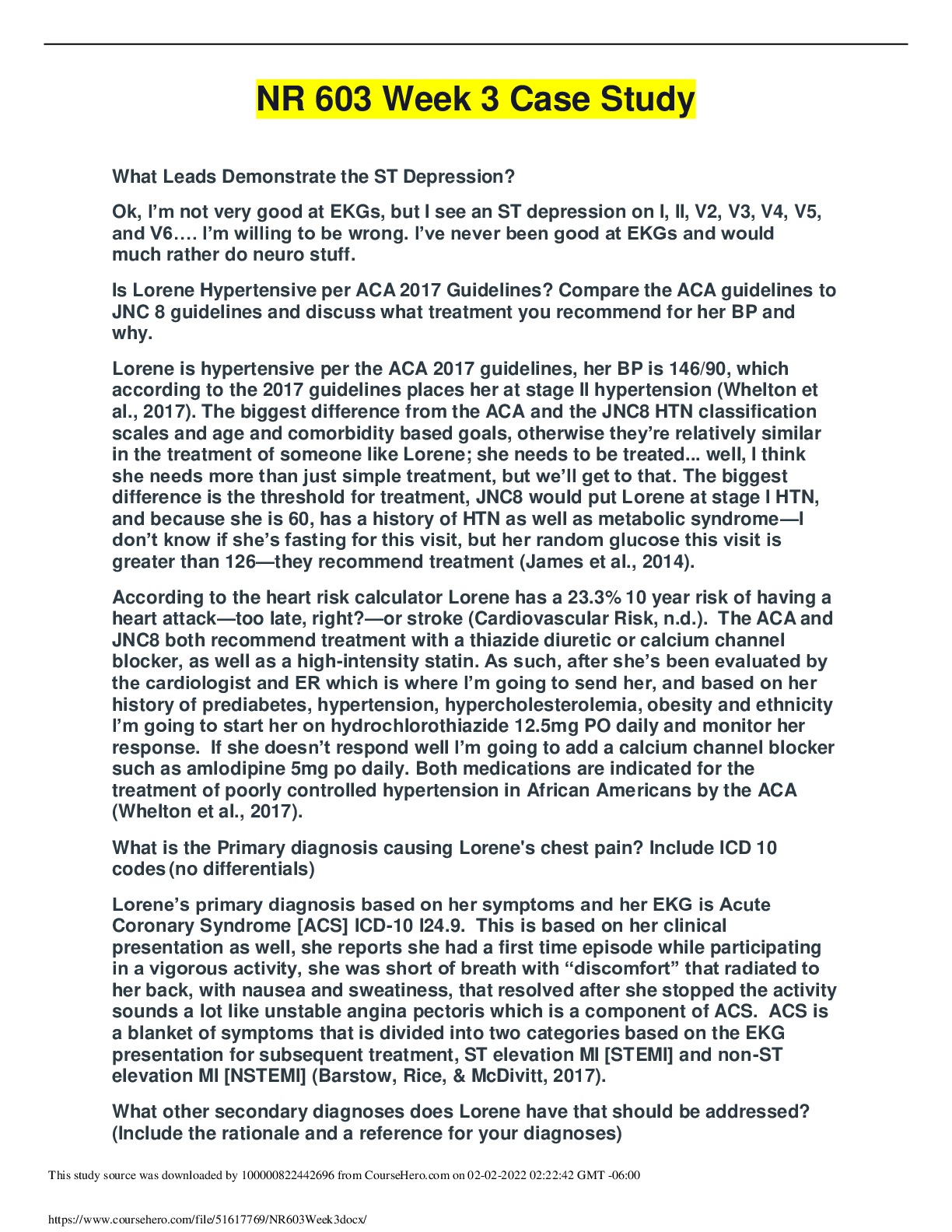
Reviews( 0 )
Document information
Connected school, study & course
About the document
Uploaded On
Nov 25, 2021
Number of pages
7
Written in
Additional information
This document has been written for:
Uploaded
Nov 25, 2021
Downloads
0
Views
43

